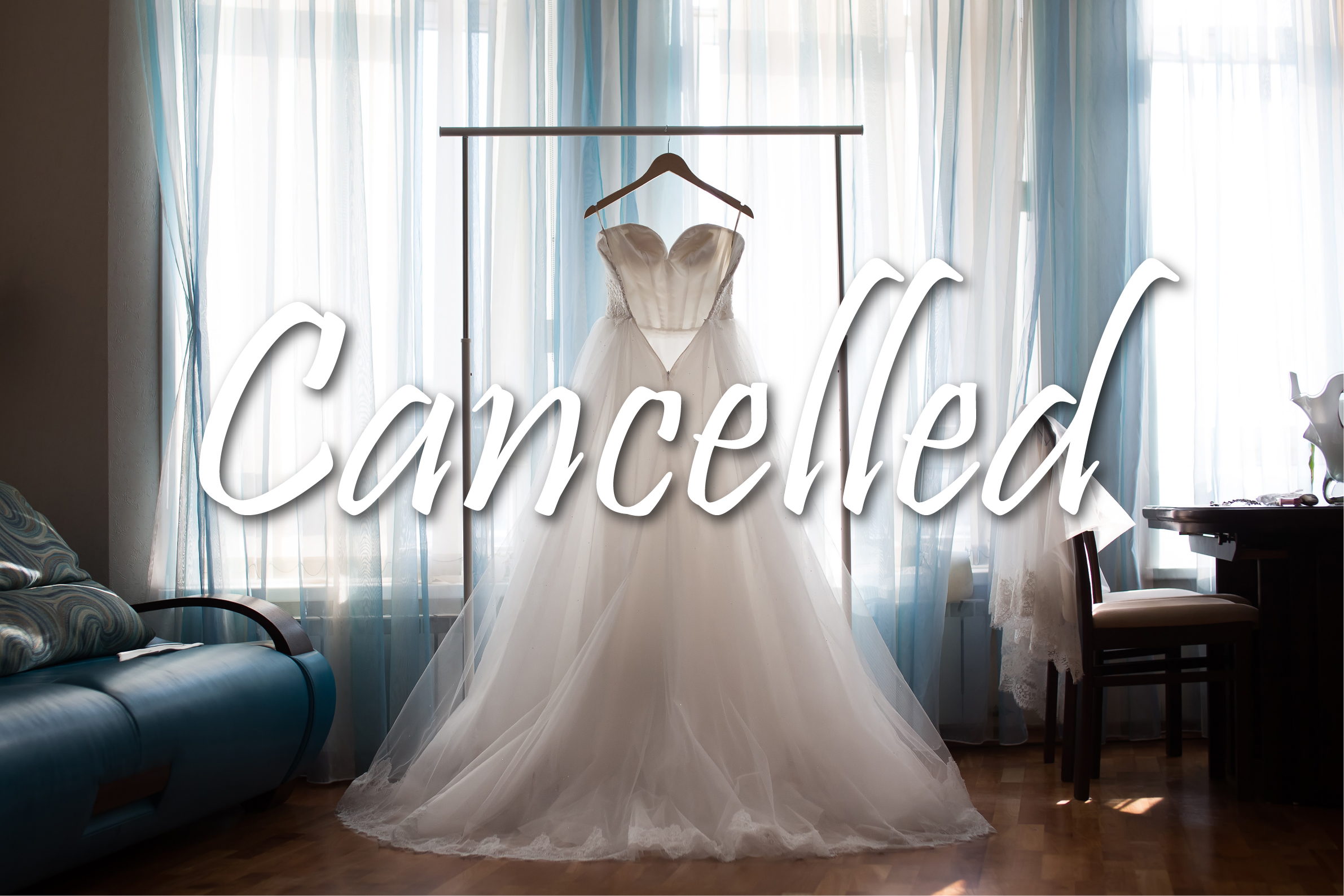
For many Americans and American businesses the summer wedding season is a staple. Anyone who has been involved in planning a wedding or whose business provides services to a wedding event, is aware of the complex and detailed preparation that it requires. There can be countless contracts and a vast array of people and businesses involved—the venue, the music, the catering, the photographer, and various other parties.
This whole framework can be hard to manage even when everything goes as planned—and when things do not go as planned, such as the emergence of a global pandemic and a governmental ban on mass gatherings, that framework and the contractual obligations involved can be thrown into chaos. Below are some considerations if you find yourself in a situation where you need to get your money back from a vendor or make changes to your plans.
Force Majeure
First, you should review your contracts with the various parties involved in servicing your wedding. Do any of them have a clause referencing “Acts of God,” or better yet, specifically referring to “pandemic”? These contract provisions are generally referred to as “force majeure” clauses. They relieve the parties to a contract from being penalized for breaching that contract in the event that performing under the contract becomes impossible due to unexpected occurrences beyond the parties’ control. In Ohio, you must be able to show that the event causing the breach was truly beyond the party’s control and without its fault or negligence, and the clause is not being invoked merely because performance would prove difficult, burdensome, or economically disadvantageous.1
Force majeure clauses are effective, but they are also very narrow. To excuse breach of the contract, the type of event must be specifically provided in the clause. Some events commonly included in force majeure clauses are Acts of God, government action, embargo, war, acts of terrorism, natural disasters, fire, flood, labor strikes, and most notably, pandemics. Sometimes, a force majeure clause is broadly written to include any event “not reasonably within the control” of a party—in which case the specific event need not be described in the clause.2 Be sure to read the clause carefully to see what is covered and what is not.
However, if the force majeure clause in your contract is not one of a general nature, or does not specifically mention epidemic or pandemic, you may not be able to use it for the current situation. Your contract may not have a force majeure provision at all. If this is the case, then other principles of contract law regarding impossibility and frustration of purpose may apply.
Impossibility, Impracticability, and Frustration of Purpose
Under Ohio law, impossibility is a doctrine that excuses performance under a contract because it has been rendered impossible to perform due to the occurrence of an unforeseeable event. The contract
cannot have merely become economically unprofitable. Related doctrines are impracticability and frustration of purpose, which parties can use as a defense to breach of contract where the non-occurrence of a certain event was a basic assumption on which the contract was made, and such event occurs without any party’s fault, rendering the contract impracticable or the original purpose frustrated.3 Although likely more difficult to invoke than a force majeure clause written into the contract, impossibility of performance remains especially relevant during the current coronavirus pandemic.
Fees Already Charged
In the contract, there may have been a “booking fee” provided for the wedding photographer or caterer to schedule services. If the rest of the contract is not performed as expected, whether through force majeure or impossibility, should that fee be refunded? And what about that deposit the customer already paid? In most cases, the answer is no. The booking fee is a contract to keep the date open, and the photographer, caterer, or other contractor has already performed that part of the deal, so that part of the contract is considered completed. Additionally, some force majeure provisions exclude payment obligations from nonperformance—meaning that although a party may be excused from providing services on the date originally agreed upon, a party may still be obligated to make payments on dates as originally agreed upon.
What now?
The State of Ohio is now permitting wedding receptions of up to 300 people, with the same restrictions as restaurants and bars.
While force majeure and impossibility can excuse performance as originally contracted—they are not necessarily indefinite. Force majeure provisions may lack a specific time limit, but it is implied that their effect is temporary, and performance is only excused for the duration of the uncontrollable event affecting the contract. So, while the parties need not perform during the ban on mass gatherings, now that such ban has been lifted for weddings, performance will still need to occur at some time unless a new agreement has been reached. And that’s the key word: new. A new agreement should be reached by the parties to replace the old one if the wedding is not happening at all or in a significantly reduced way.
The best approach for families involved with the planning of the wedding, and the corresponding contracting businesses, is to remain in contact and make an effort to find a solution that works for all involved.
1 See Stand Energy Corp. v. Cinergy Servs., 760 N.E.2d 453 (Ohio Ct. App. 2001).
2 See Haverhill Glen, LLC v. Eric Petroleum Corp., 67 N.E.3d 845, (Ohio Ct. App 2016).
3 See America’s Floor Source, LLC v. Homes, 191 Ohio App.3d 493, 2010-Ohio-6296, 946 N.E.2d 799, ¶ 37 (10th Dist.); See also KMS Solutions, Inc. v. Diversified Sys., C.P. No. 10CVH 09 13437, 2011 Ohio Misc. LEXIS 17236, at *10 (Dec. 1, 2011).




What are my options if my photographer is based in Ohio and I am based in Michigan. Does Ohio law apply to my contract or Michigan law?
Thank you!
Hello Tracey,
The answer to this question will hinge on whether there is a “choice of law” provision in the contract—often times a contract will have language that says the contract shall be governed by the laws of a particular state. If there isn’t anything like this in your contract with the photographer, then the state where the photography services were going to be performed is likely going to be the most relevant, though both parties’ place of residence, and the location of negotiation and execution are also taken into account. If the wedding was going to be in Michigan, then it is likely Michigan law will apply, and vice-versa if the wedding was going to be in Ohio.
If you have any further questions, feel free to contact me at 614-628-0765 or dpinta@cpmlaw.com and I’d be happy to help.